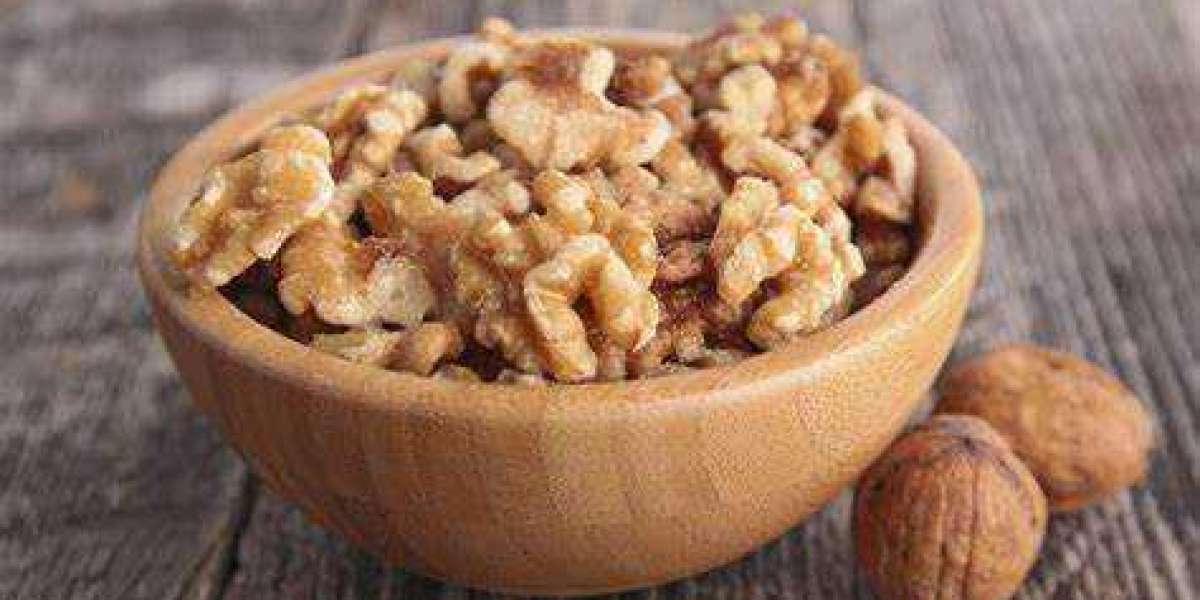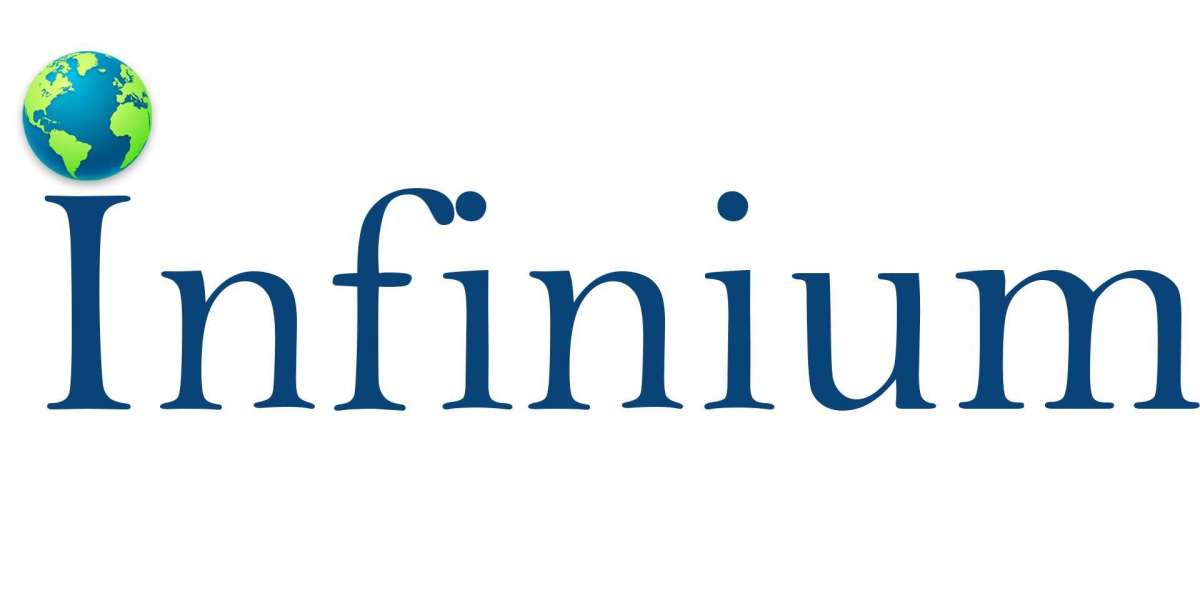We've all misplaced keys, forgotten a phone number, or forgotten someone's name. When you're young, you don't give these lapses much thought, but as you become older, you could be concerned about what they signify. Perhaps you're talking about a recent movie when you discover you can't recall the title. You're delivering directions to your residence when the name of a familiar street comes to mind. Alternatively, you may find yourself standing in the middle of the kitchen, unsure of why you entered. Memory lapses might be annoying, but they're usually not a reason for alarm. Dementia is not the same as age-related memory changes.
Nutrition, without a question, has a significant impact on brain health. National Nutrition Month is the ideal opportunity to learn about brain-boosting foods. You should eat foods that promote excellent blood flow to the brain to improve memory and cognitive function. A well-balanced, nutritious diet will boost the odds that your or your senior loved one's brain will stay healthy for longer.
Here are foods that would boost that failing memory. Be sure to incorporate them into your diet.
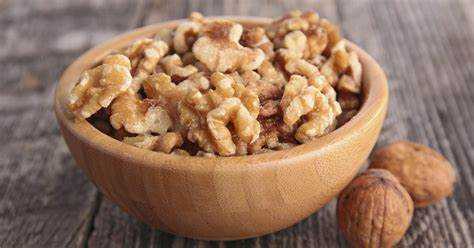
Walnuts
Walnuts are the only nut high in ALA (alpha-linolenic acid), the plant form of omega-3 essential fatty acids. They're one of the few meals that contain serotonin, which improves mood. Walnuts can help you learn and remember things better.
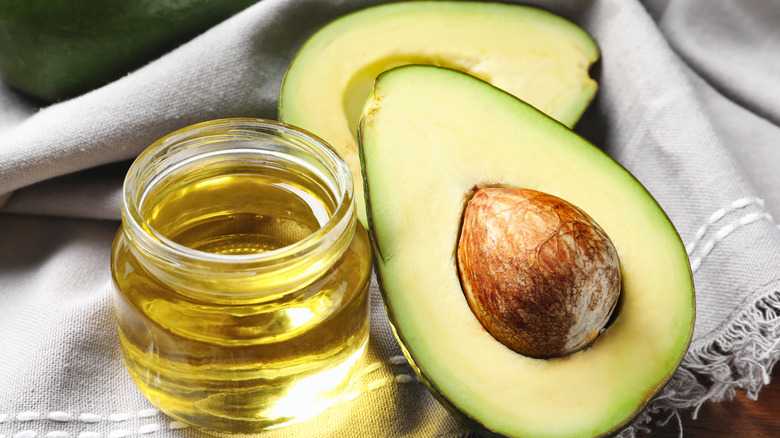
Avocados
Avocados are high in nutrients. They are high in Vitamin K and folate, which assist to prevent blood clots in the brain and promote cognitive function, especially memory and concentration. Avocados are also high in monounsaturated fats (the good sort of fat), which aid memory and promote the chemical that aids learning.
There's no need to be concerned about fat because avocados contain only healthy fat. Just be careful not to overdo it.
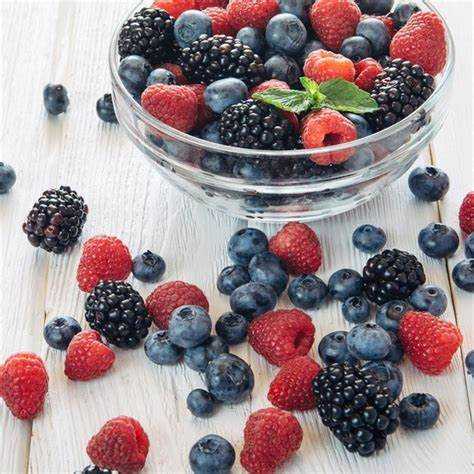
Berries
Flavonoids, powerful antioxidants that protect brain cells from oxidative damage, are abundant in berries of all sorts. Berry flavonoids aid memory, learning, verbal understanding, arithmetic abilities, and decision-making. If fresh berries aren't available at a fair price, go with frozen.
Surprisingly, frozen berries provide more nutrients than fresh berries.
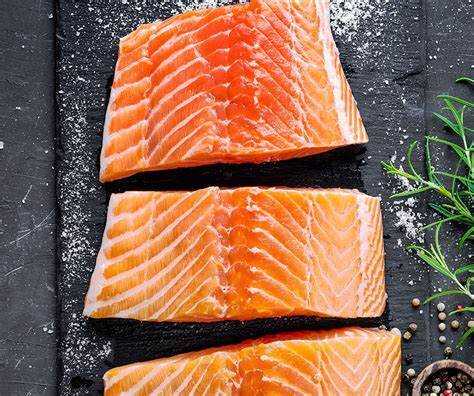
Salmon
Salmon has a number of health advantages, one of which is that it aids with brain feeding. It's high in omega-3 fatty acids, which help the brain operate properly while also enhancing memory. It also contains a lot of DHA, which is important for brain health. DHA deficiency has been related to an increased risk of Alzheimer's and memory loss.
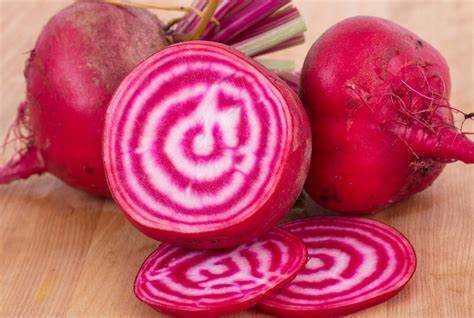
Beets
Beets might be the key to better recall. They are high in natural nitrates, which increase blood flow to the brain and so improve mental ability. Drinking beet juice on a regular basis can assist boost blood flow to the area of the brain linked to dementia.
Eating a variety of brain foods is important for remaining intellectually sharp and focused, especially for our gray matter.
The stomach and the brain are inextricably linked, and by focusing on providing our bodies with complete, healthy meals, we can benefit them both.
